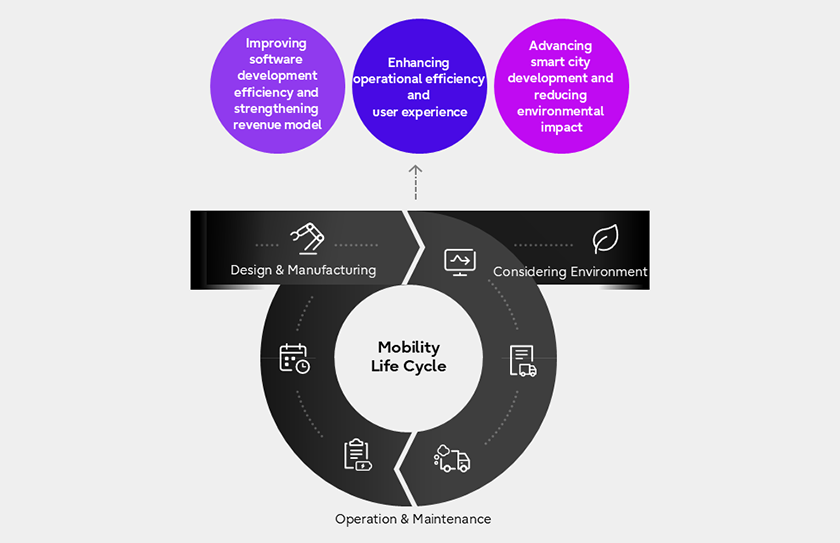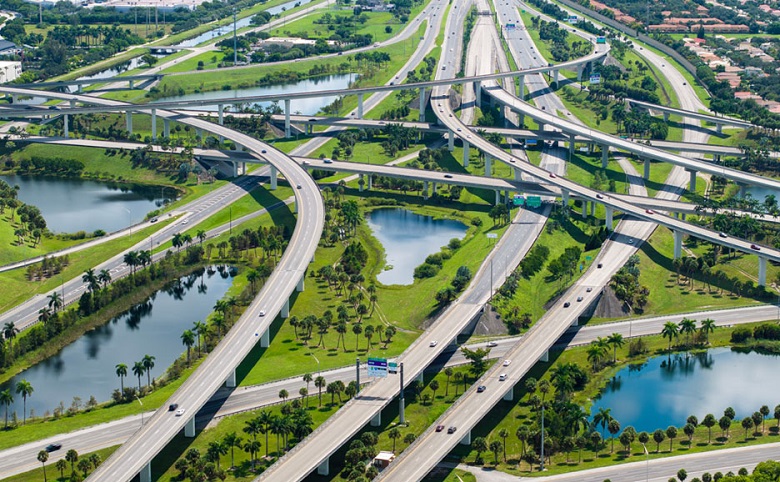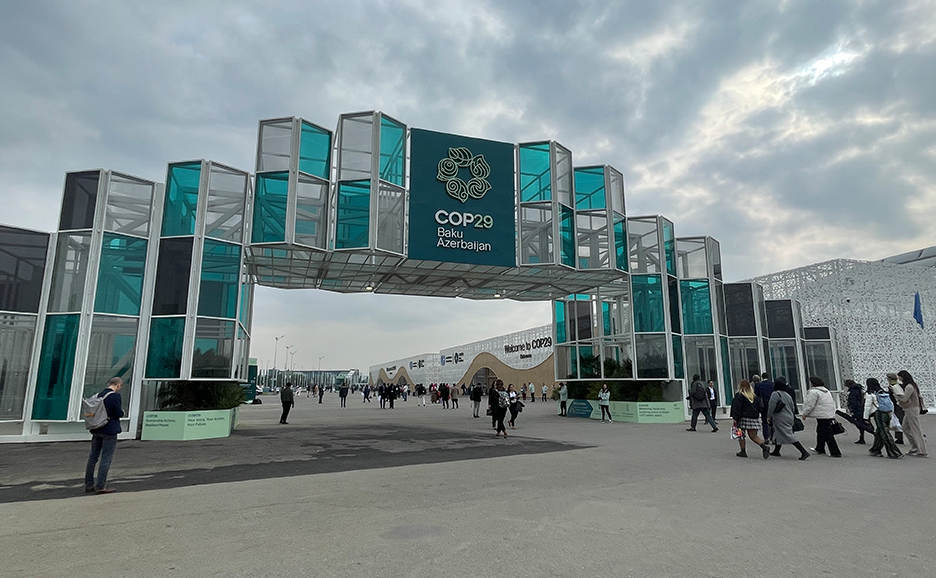Software Defined Vehicle
Maximizing the value of mobility and ensuring service continuity to advance a safe, secure, and comfortable mobility society
The evolution of the car through software will create value and move us towards a highly convenient society of mobility.
We contribute to the realization of a sustainable, safe, and convenient mobility society by using data throughout the entire mobility lifecycle.
The mobility market demands long-term vehicle utilization and flexible functional updates. The introduction of software defined vehicles (SDV) is essential to ensure service continuity and safety. Controlling and optimizing vehicle functions through software addresses manpower shortages and operational inefficiencies faced by car manufacturers, mobility service providers, and local governments. Furthermore, it fosters the development of a robust social infrastructure capable of responding swiftly to disasters and evolving needs.
Fujitsu's SDV solutions enhance the efficiency of vehicle software development, operation, and maintenance by leveraging data across the entire mobility lifecycle. They also contribute to sustainable, safe, secure, and resilient local communities.
Our vision

Our approach to the solutions

Improving software development efficiency and strengthening the revenue model
The cloud-based development environment and API integration streamline vehicle software development and updates, as well as the addition of new functions.
It also provides subscription-based in-vehicle services and personalized optimization services by analyzing driving data, creating new revenue streams.

Enhancing operational efficiency and user experience
Real-time fleet management and AI-based route optimization reduce operational costs and improve service efficiency.
These features also enhance convenience by customizing the onboard environment according to each passenger's preferences and providing a seamless boarding and payment experience.

Advancing smart city development and reducing environmental impact
SDV solutions leverage vehicle driving data and V2X communication to enhance traffic flow management and improve coordination with automated vehicles. In addition, they improve energy management for electric and fuel cell vehicles (EVs and FCVs, respectively) and reduce CO2 emissions by avoiding traffic congestion. They also provide essential mobility support for vulnerable populations by offering on-demand transportation services in underpopulated areas and operating unmanned buses.
Related content
COP 29: Accelerating Green Action with Digital Technology

